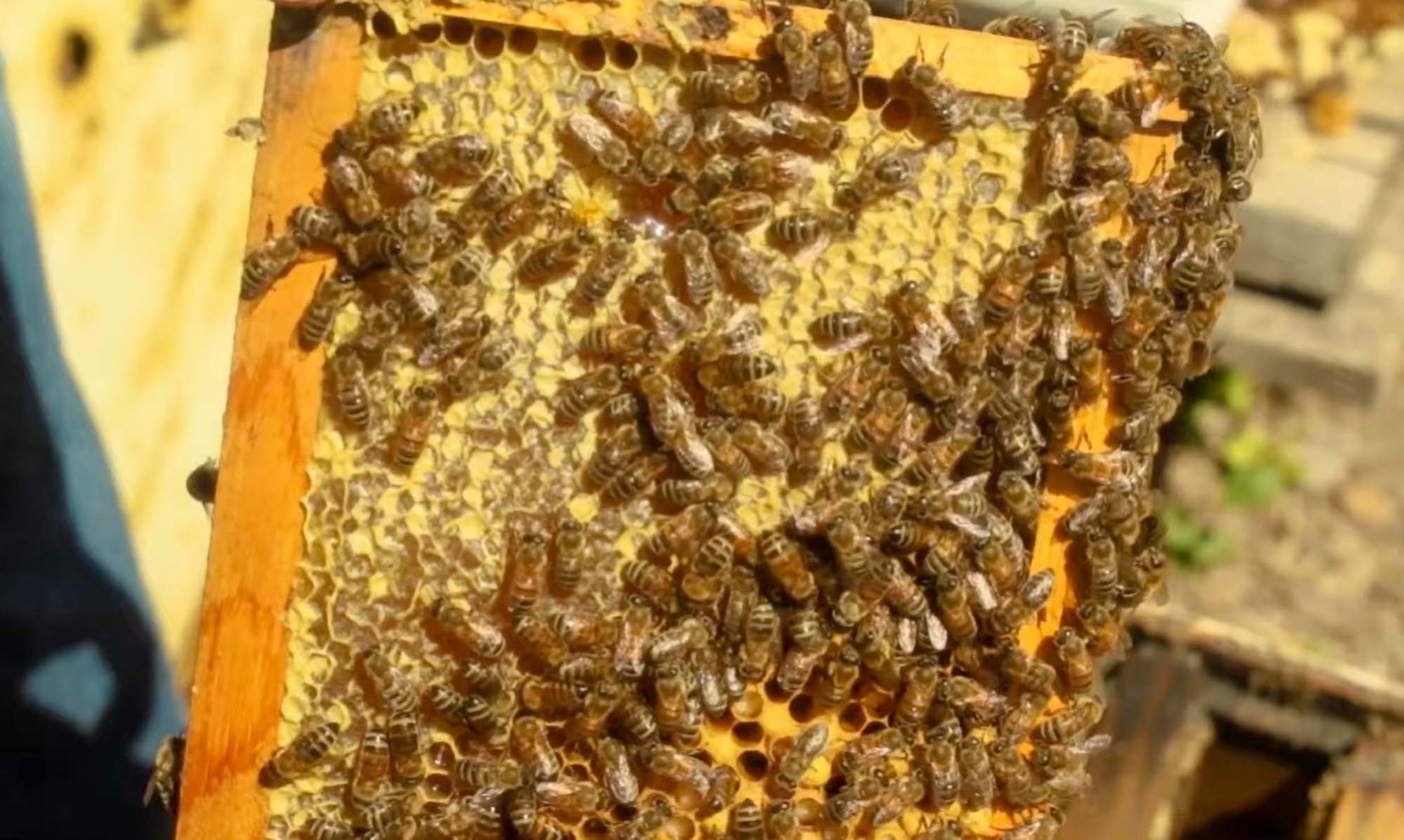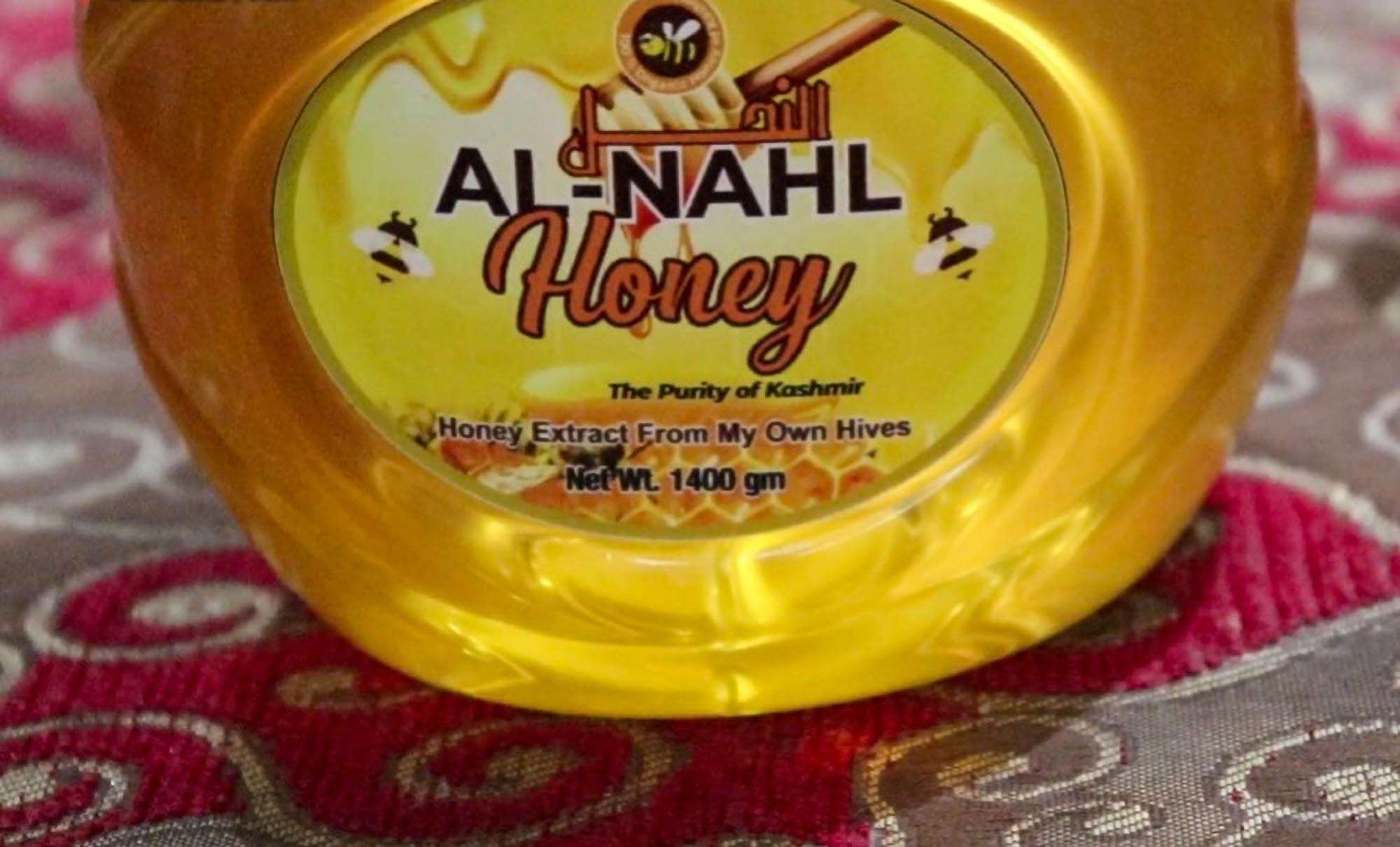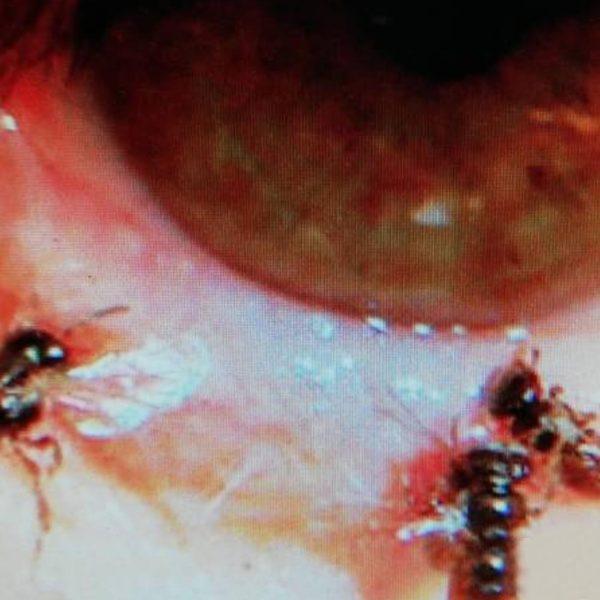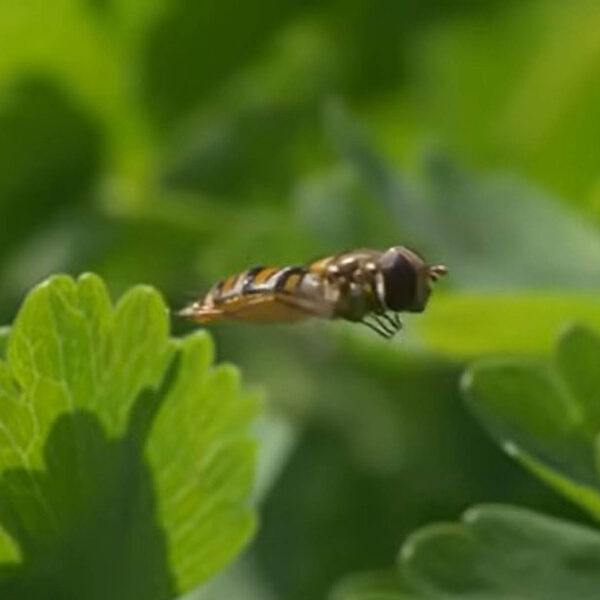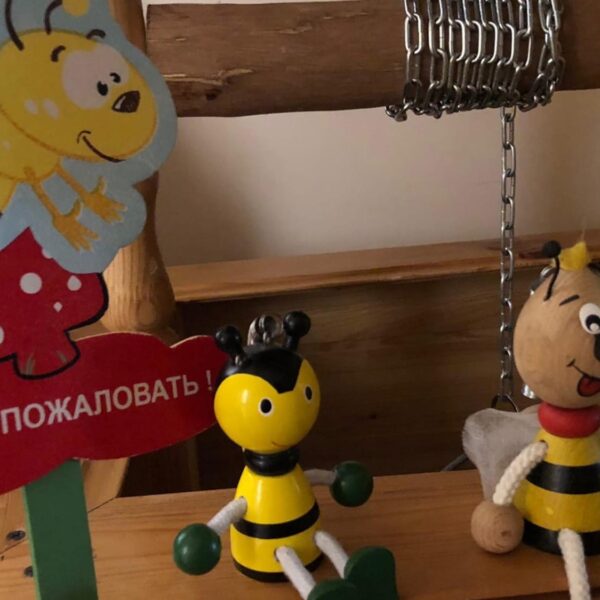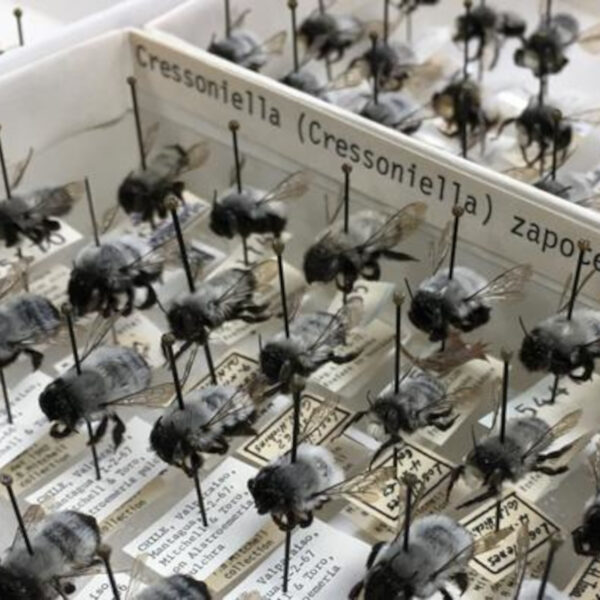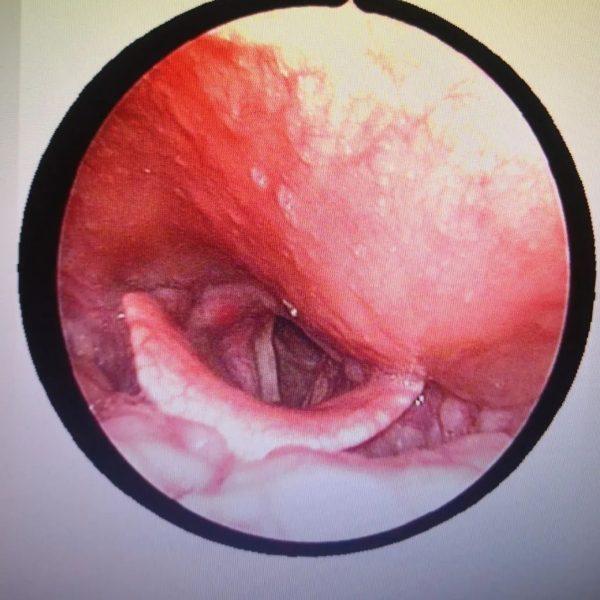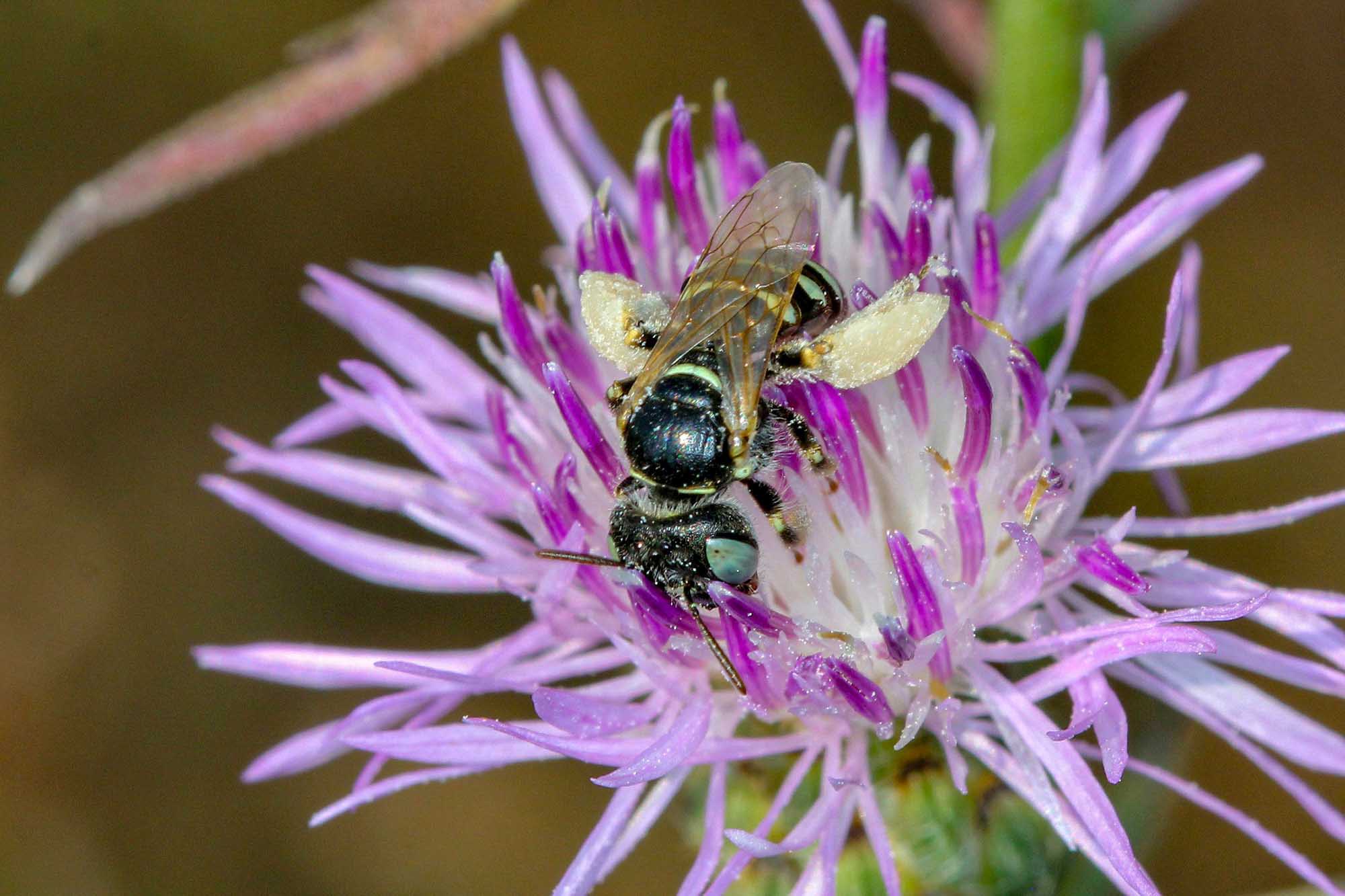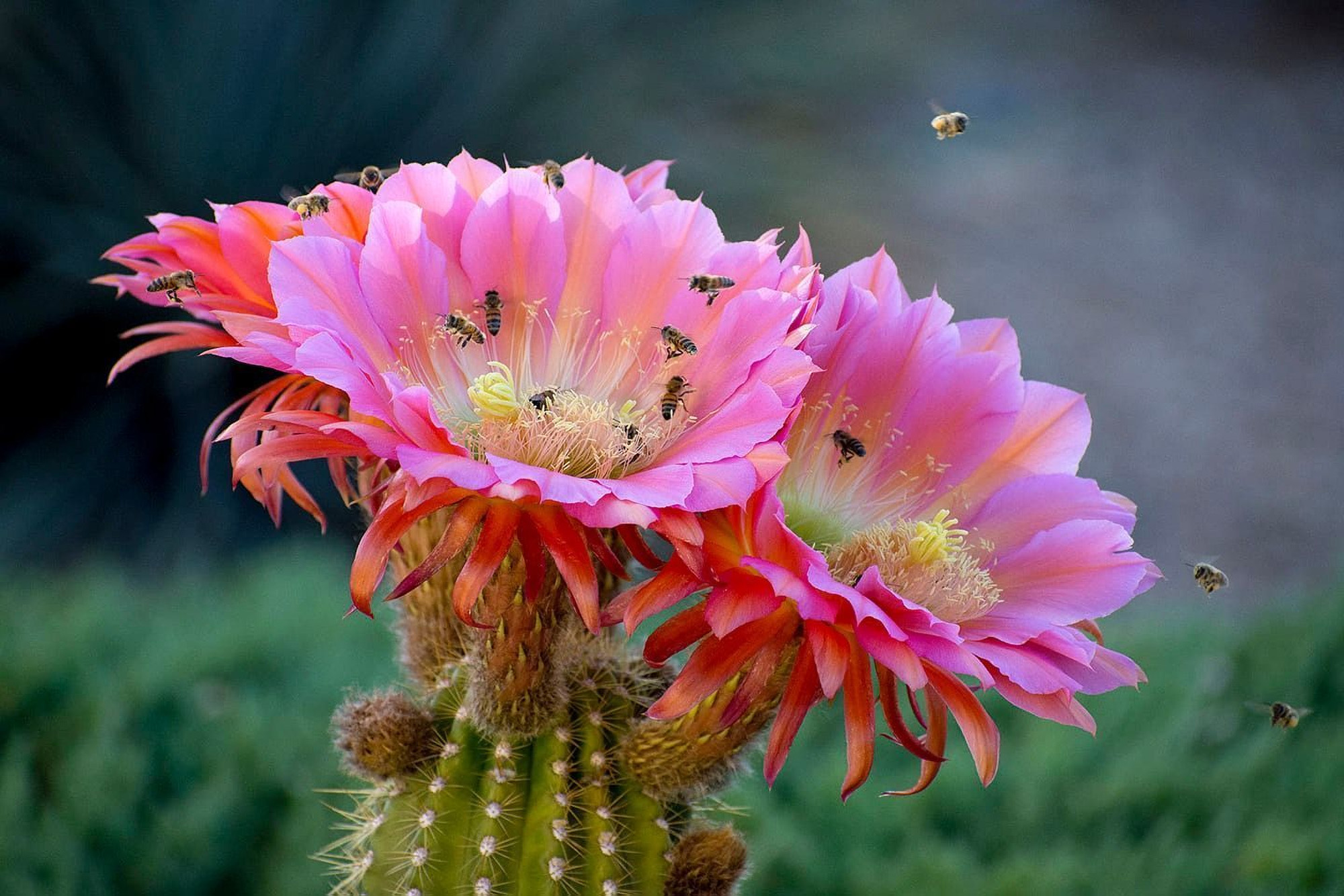There are numerous reasons to be cautiously optimistic about the future of bees despite the recent wave of demoralising news, a beekeeping technology expert has claimed.
Entomologists and experts on climate change had anything but uplifting updates regarding the current situation of ecosystems and pollinators such as honeybees.
A study by researchers at Oxford University in the United Kingdom recently confirmed that insecticides cause substantial damage to the nervous system of honeybees.
Experts at the Imperial College London and the Natural History Museum, meanwhile, found out that global warming negatively affects the wing symmetry of bumblebees.
And only in October, German environmentalist Britta Raabe revealed a 60 to 80 per cent solitary bee population decline in Lower Saxony. Leafcutter bees, mason bees, sweat bees and other species are referred to as solitary bees or wild bees.
Hannah Thomas – who is in charge of marketing and communications at Nectar Technologies, a Canadian startup which provides beekeepers with data to help them manage their hives – confirmed that these were “challenging times for both honeybees and native pollinators.”
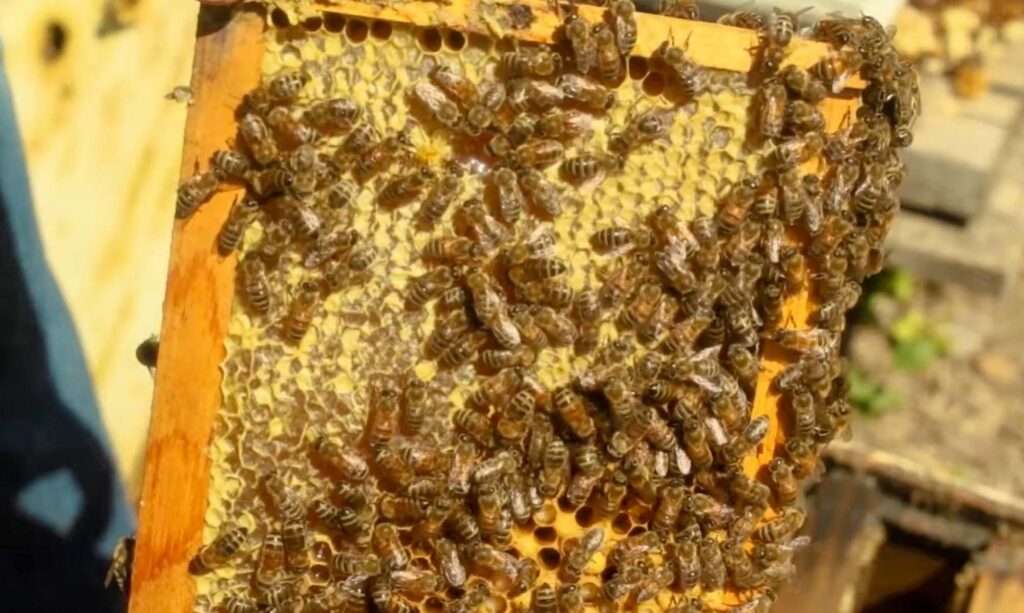
However, she also emphasised there were “opportunities for cross-sectoral collaboration, with proven, mutually beneficial solutions from the worlds of technology, biology, government policy, agriculture, apiculture and community innovation.”
In her article for Canada’s National Observer, Hannah praises the Seeds for Bees project which provides seed mixes and methods to establish forage that supports pollinators in California.
Hannah also mentioned the Bee And Butterfly Habitat Fund in the US State of South Dakota. According to Hannah, the fund was “a great example of beekeepers, biologists and farmers collaborating to improve landscapes for pollinators.”
She explained: “Biologists work with landowners to design the optimal seed mix to maximise bloom biodiversity, density and duration for pollinators in that specific area. When planted, the once-vacant land becomes a pollinator habitat.”
Hannah pointed out that positive development was happening in Canada too. She mentioned the United Nations Biodiversity Conference which the City of Montreal will host in early December.
The Nectar Technologies head of communications said: “The international governments will assemble to work on new goals to protect and restore nature. Current targets to benefit pollinators include the conservation and restoration of land-based ecosystems as well as pesticide reduction benchmarks.”
Montreal Mayor Valerie Plante recently confirmed that another two per cent of the total area of Canada’s second-biggest city would be turned into green space within the next eight years to support bees and other insects.
Plante also promised a reduction of grass mowing and the installation of additional insect-friendly gardens.
In her opinion piece, Hannah underlined that “the importance of pollinators cannot be undervalued. Up to 90 per cent of wild flowering plants depend on pollination services by bees, butterflies, moths, bats and more.”
She added: “Within agriculture, pollinators impact 75 per cent of total crops in production. Honeybees pollinate a third of the food you eat.”
Hannah concluded: “While there is still much to be done, there are many reasons to have hope for our pollinators.”

